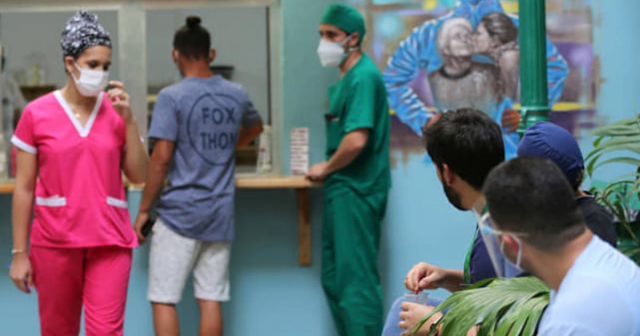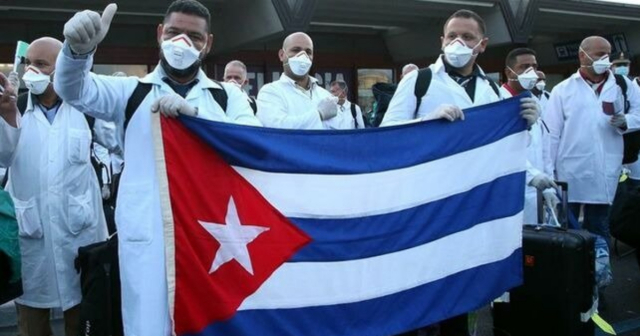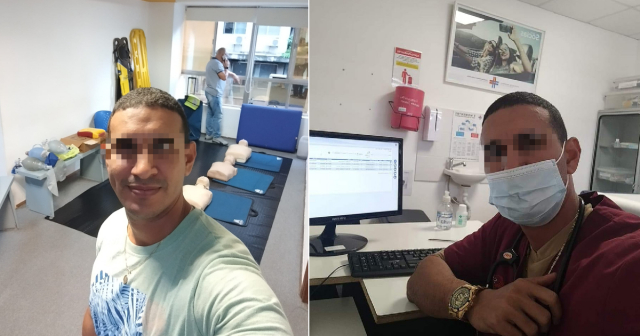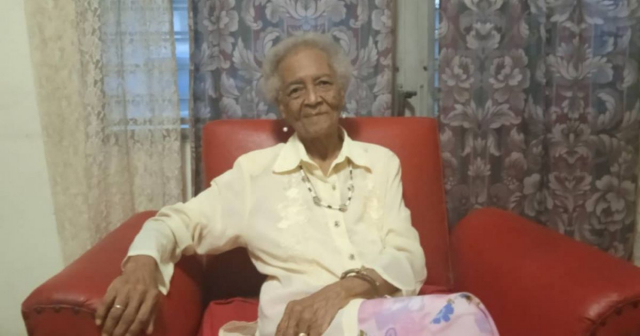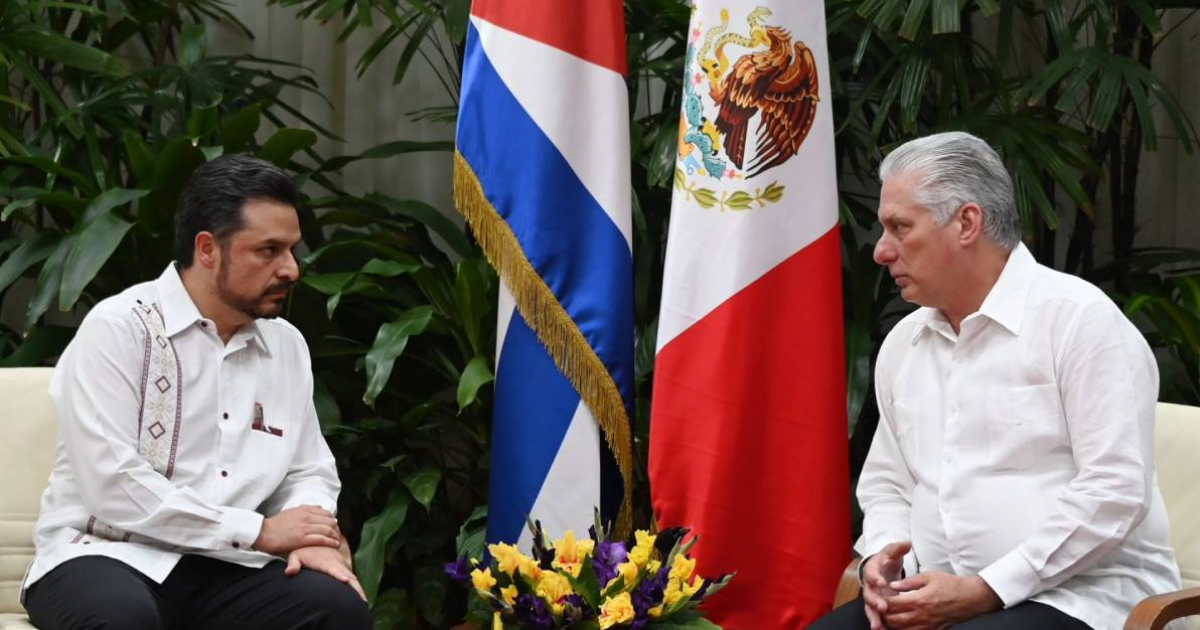
The ruler Miguel Díaz-Canel Bermúdez held a meeting with Zoé Robledo Aburto, general director of the Mexican Social Security Institute (IMSS), to close the agreements related to the contract of 1,200 Cuban doctors in Mexico.
The meeting took place this weekend and focused on strengthening medical cooperation between Cuba and Mexico. The objective of both governments is to sign a unprecedented contract.
At the end of April Robledo Aburto met with the Minister of Public Health of Cuba, José Ángel Portal Miranda, who recalled that 768 Cuban doctors support the Mexican health sector.
"We are working together to expand the collaboration of Cuban doctors in IMSS-Bienestar hospitals with the intention of reaching 1,200 specialists," said the IMSS.
The hiring of the doctors occurs in the midst of a deep crisis in the Cuban health system, where the lack of medicines, supplies and staff shortages in hospitals are chronic problems.
Cuba faces a severe drain of health professionals, driven by salaries that, adjusted for current inflation, are equivalent to about 20 dollars monthly.
This exodus is exacerbated by the terms of the contracts that the government signs for the service of its doctors abroad, which have been pointed out as new forms of slavery, where the State retains the majority of the professionals' salaries.
The remaining money from each doctor's salary is deposited in bank accounts in Cuba, subject to an official exchange rate much lower than that of the informal market, effectively devaluing the little that doctors receive.
Miguel Diaz-Canel He expressed during the meeting this Friday that "the presence of Cuban medical personnel in Mexico is an opportunity for both countries," highlighting that it allows Cuban doctors to "grow professionally, humanely and revolutionaryly."
Zoé Robledo Aburto praised the quality of Cuban medical care, calling it "extraordinary" both professionally and humanly. He stated that cooperation is essential to strengthen the Mexican public health system, especially in rural and marginalized areas, where there is a lack of specialists.
What do you think?
COMMENTFiled in:

